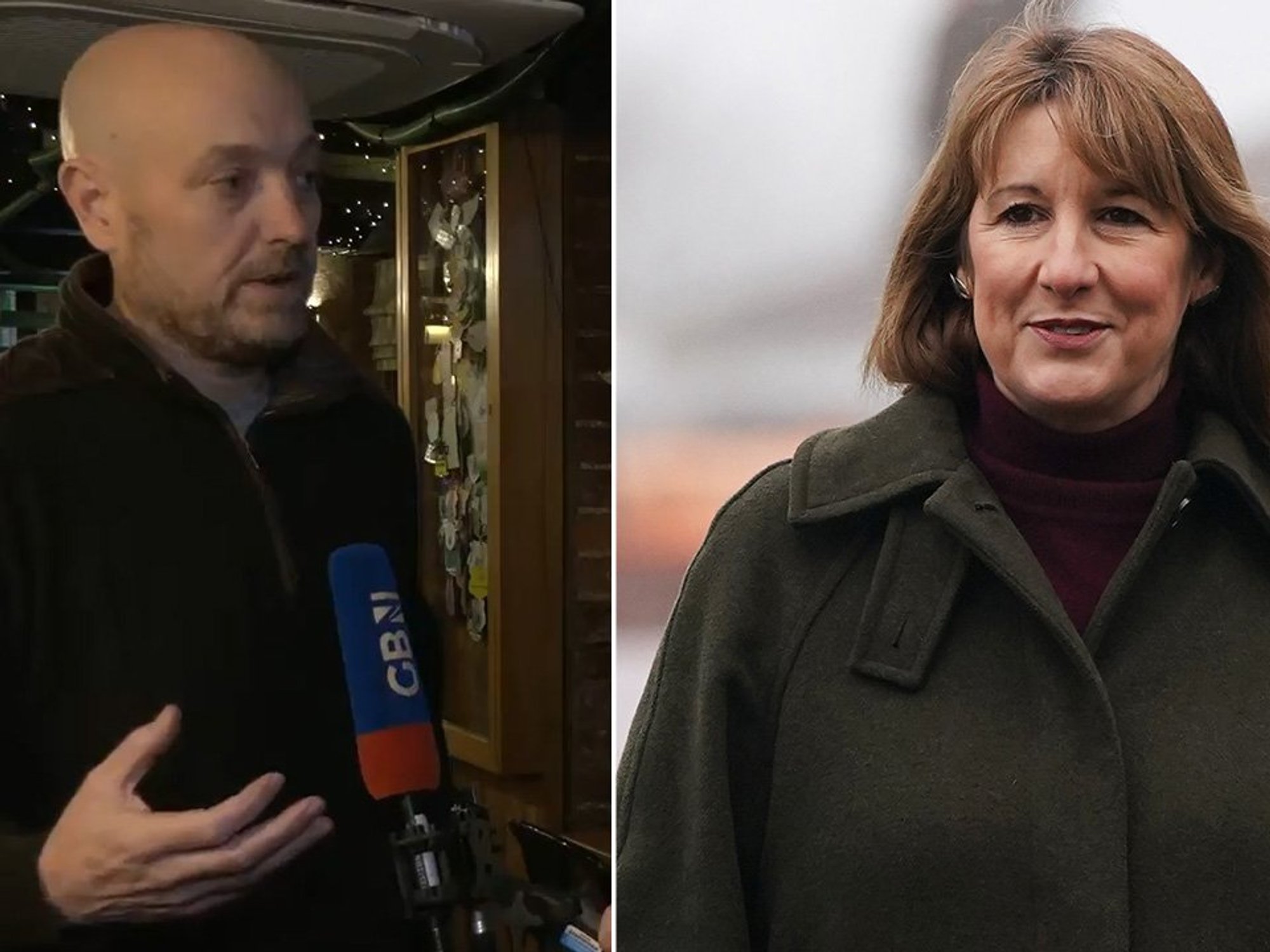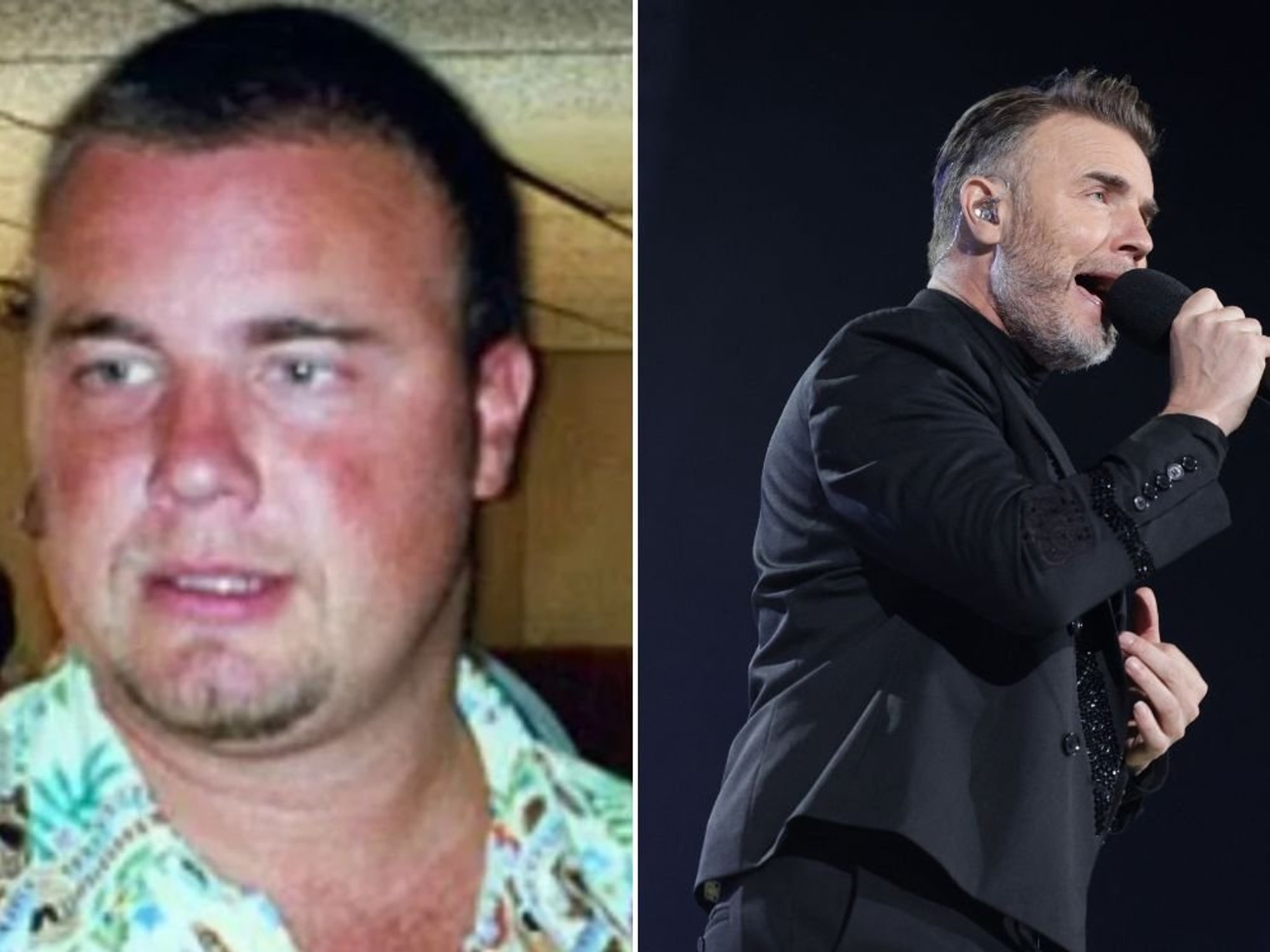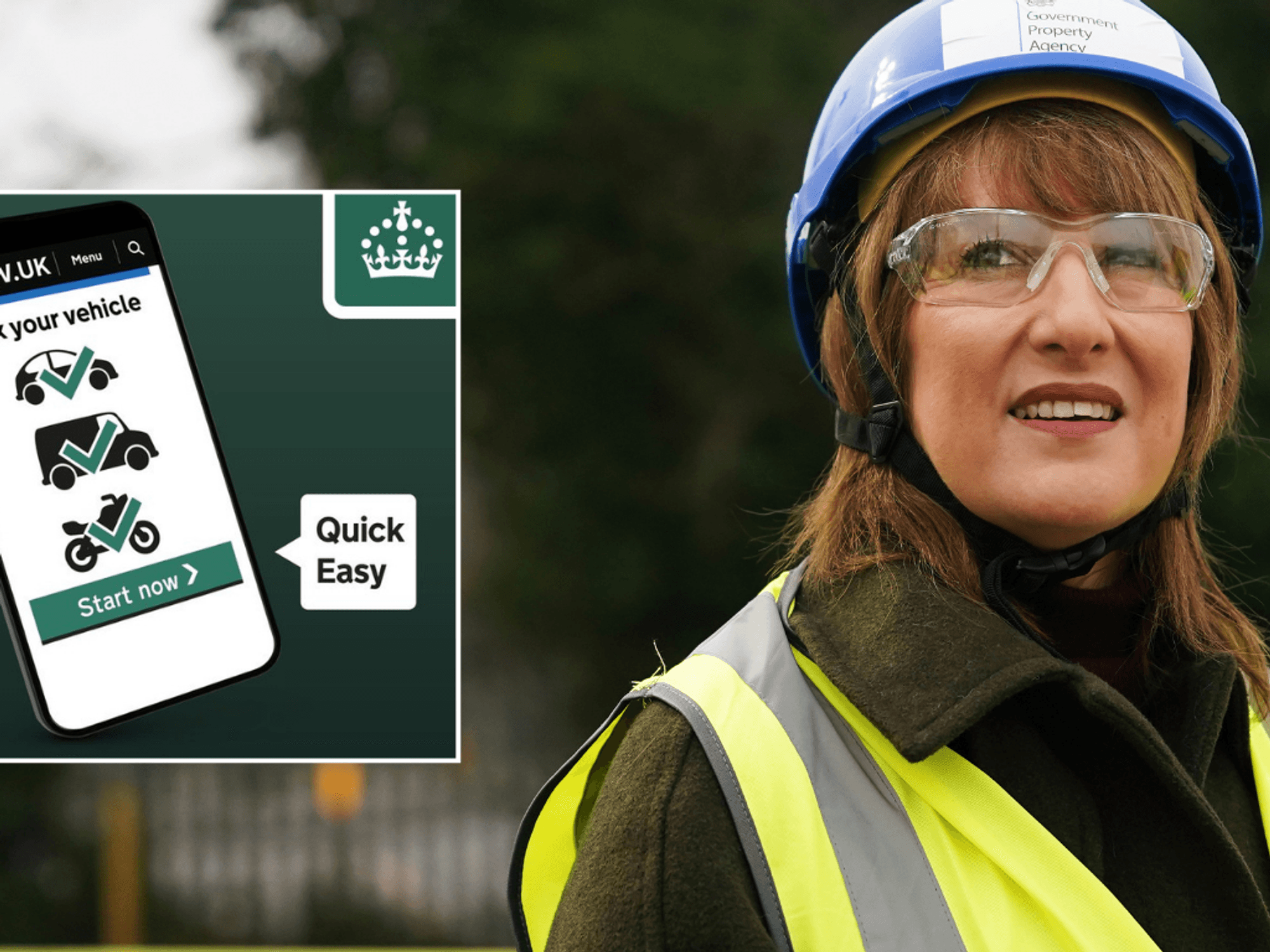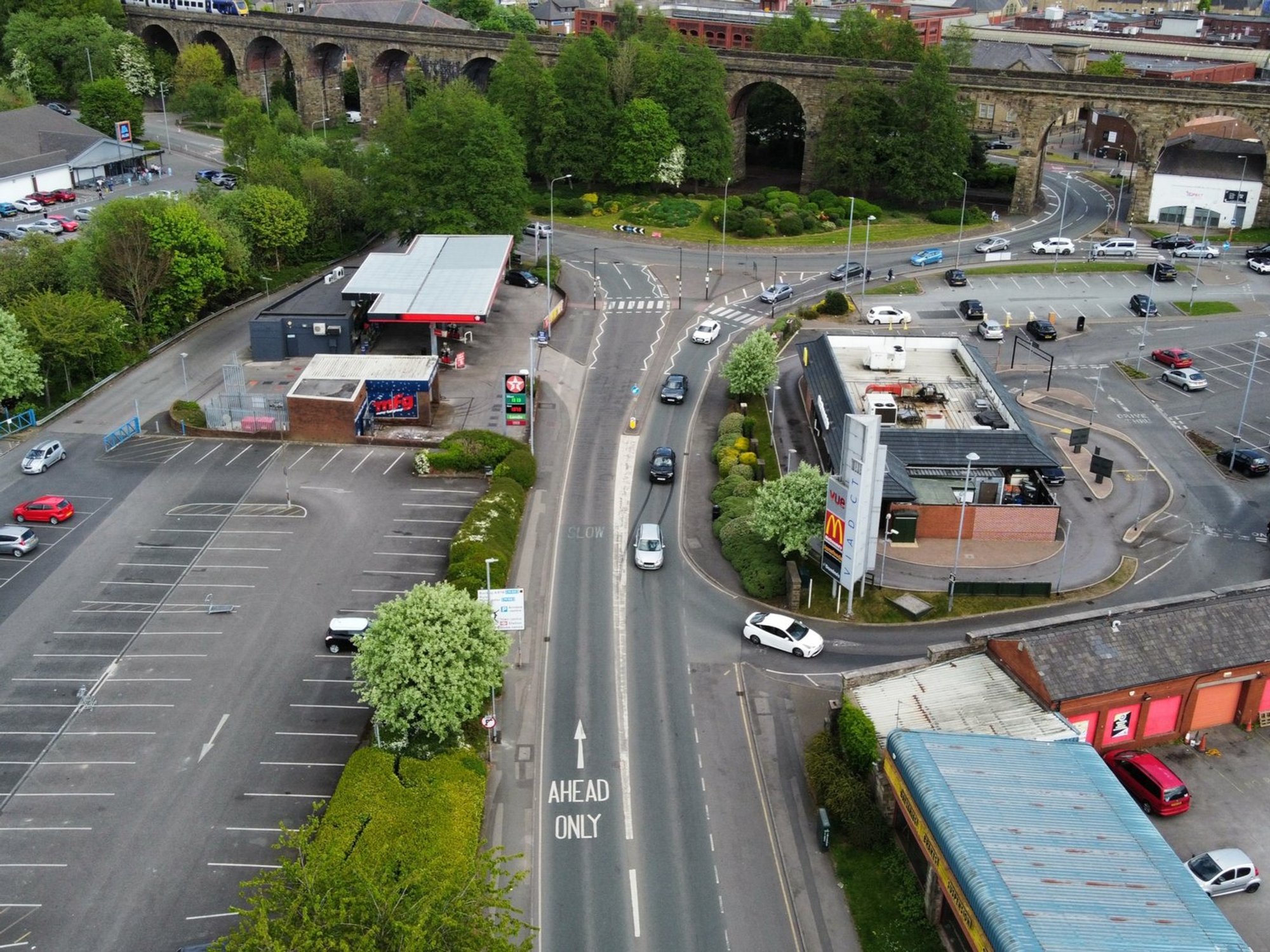Thousands still unaware of UK landline switch-off, as Virgin Media restarts broadband phone installations
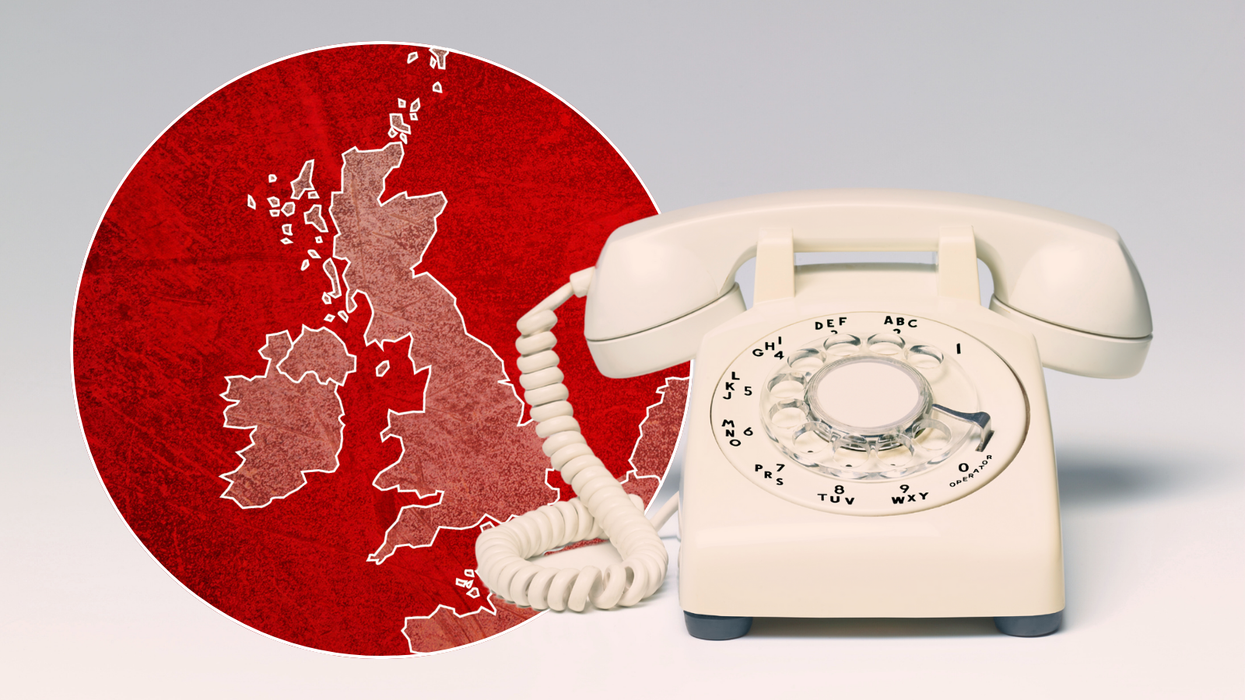
Thousands of Britons are still unaware of the upcoming landline switchover, despite the nationwide phone upheaval being set into motion over 7 years ago
|GETTY IMAGES | GBN

"The potential for turmoil is high"
- Almost 60% of over 50s unaware of UK landline switchover, new survey says
- Deadline to upgrade home phones nationwide scheduled for next year
- Following suspension in December, Virgin Media has resumed works
- But new protections have been introduced to shield elderly people
Don't Miss
Most Read
Latest
Thousands of Britons are unaware of the incoming death of traditional landlines in the UK — despite being directly impacted. A nationwide poll found almost 60% of Britons aged over 50 did not know about the mandatory change.
If the results of this survey of 2,750 people were to be reproduced nationwide, that leaves thousands of people in the dark about the landline switchover.
For those who don't know, the biggest telecom providers in the UK — including BT, Virgin Media, and TalkTalk — want to replace the copper-based landlines that have powered phone calls across the country since 1911. Provided these firms don't miss their self-imposed deadline (something that seems far from assured), Britons will need to use broadband-powered landlines to make all calls before the end of 2025.
Landlines are being overhauled across the UK, here's everything you need to know in under 5 minutes
Millions have already been successfully upgraded to the next generation of home phones, which are powered by the same cable infrastructure as full-fibre broadband.
Known as Voice over Internet Protocol (VoIP), these phone lines promise clearer call quality, better spam protection, and a number of modern features, like placing incoming calls in a queue when you're already speaking on the phone and blocking all withheld numbers.
Suffolk-based Phonely, which offers safeguards against fraudulent cold calls, conducted the survey to determine awareness amongst Britons ahead of the looming landline deadline.
Only 17.2% of those surveyed over the age of 55 have already embraced VoIP phones, Phonely says, while just 59.6% of Brits over the age of 50 had even heard about the landline switchover — despite it being in the works for over seven years.
"We're facing the very real possibility of severe delays and nationwide disruptions to home phone services across the UK as phone providers rush to migrate millions of customers over to VoIP before the deadline," warns Hannah Hood, Marketing Manager at Phonely.
"The combination of customer confusion and the likely shortages of VoIP-compatible handsets means that the potential for turmoil is high. Our main concern here at Phonely is that the most vulnerable in society will be left feeling isolated, anxious and unsafe should they be caught up amongst the chaos."
Against this backdrop, Virgin Media O2 has restarted its landline switchover for the 16.2 million homes connected to its fibre network. The company suspended all installations of its VoIP landlines at the end of last year at the same time as BT, EE, Plusnet, and other major telecoms over concerns around personal alarms.
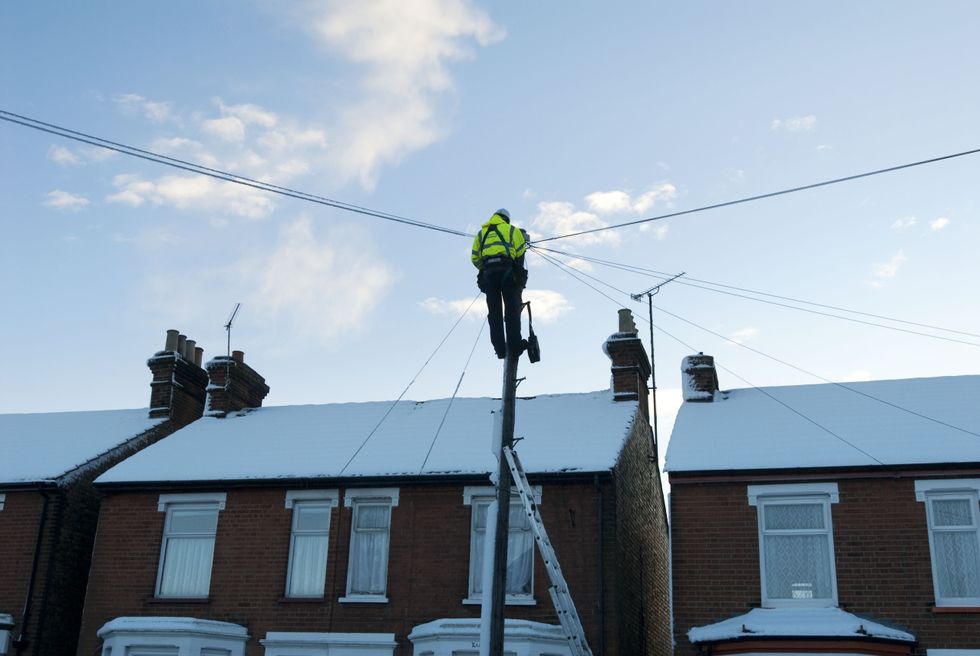
Virgin Media introduced a number of safeguards to protect vulnerable users, especially those with personal alarms, before it took the decision to restart installations
|GETTY IMAGES
These alarms, often worn on a lanyard around the neck or a bracelet, are used by an estimated 1.8 million elderly and vulnerable people across the UK. While the majority of these alarms — designed to be activated in a health emergency or after a fall — continue to work seamlessly with VoIP landlines, some critical calls failed to connect over the broadband-fuelled system, which led to a widespread backlash.
It's concerns around these alarms that could force BT to delay its deadline by two years.
Virgin Media O2 says it's spent the five months since it suspended digital landline switchovers conducting a "detailed end-to-end review of our processes".
"We’ve now introduced a host of new measures which make it easier to identify and support those who need extra help. For example, we have improved the communications customers receive; our engineers will provide additional in-home support; and we have carried out extensive checks to better identify vulnerable or telecare users," explained Rob Orr, Chief Operations Officer at Virgin Media O2.
Virgin Media has restarted its next-generation landline upgrades, albeit on a "voluntary basis" with "no vulnerable or telecare customers moving across at this stage“.
As well as signing the character set-up by Rishi Sunak's Government to try to iron out concerns around the landline switchover process, Virgin Media O2 has taken additional steps to allay fears. It has become a member of the TSA, the largest industry body for telecare in the UK. The broadband supplier hopes this partnership will help identify new ways to help vulnerable customers.
"With these additional checks and improvements in place, we’re now once again switching customers to the new network, something which will initially be done on a voluntary basis with no vulnerable or telecare customers moving across at this stage," Rob Orr, Chief Operations Officer at Virgin Media O2 adds in a company blog post.
"We’ll not switch anyone over without their agreement first, and customers will receive personalised communications outlining the steps they need to take and how they can access additional support. We’re committed to ensuring that no vulnerable or telecare customers will be left without a working landline as a result of this switchover.
"It’s why we’re giving ourselves more time to contact these customers and are encouraging anyone who may need additional support to get in touch and let us know as soon as possible."
Plans for a UK-wide landline switch-off were first announced back in November 2017. Unusually, this was not a Government-backed initiative or deadline, everything originated with the telecoms.
However, it mirrors similar initiatives taking place across mainland Europe, as many countries look to modernise and future-proof their infrastructure. Justifying the disruptive switchover, industry heavyweights said they were struggling to find parts to maintain and repair analogue phone lines as few companies are still making the components used by this Century-old system.
LATEST DEVELOPMENTS
If you've signed up for a full-fibre broadband plan within the last 12 months, chances are, the handset sent out to you by your provider is already relying on the internet to make calls. BT, Plusnet, EE, and Virgin Media all use the term "digital voice" to describe VoIP landlines, but your provider might use something different.
 Digital Voice handsets connect directly to the Wi-Fi router and use broadband to make and receive phone calls to landlines and mobile numbers worldwide | BT PRESS OFFICE
Digital Voice handsets connect directly to the Wi-Fi router and use broadband to make and receive phone calls to landlines and mobile numbers worldwide | BT PRESS OFFICE If you're concerned about the switch, compatibility with your equipment or telecare device, the best approach is to proactively reach out to your provider. Most internet suppliers will offer at least four weeks notice before the switch takes place, but ensuring that your records include any telecare requirements is a good way to make sure you get all of the additional care promised in the Government's charter.
Speaking at the time the agreement was announced, Technology Secretary Michelle Donelan reassured Britons: "It is absolutely right that the most vulnerable people in our society should feel safe, secure and have complete confidence in the services provided to them.
"That’s why I have brought our biggest network providers and industry regulator to the table, agreeing a cast iron set of principles to reassure people and put their minds at ease. The recent issues families have had to endure are unacceptable and today’s agreements will help to protect consumers in future."






